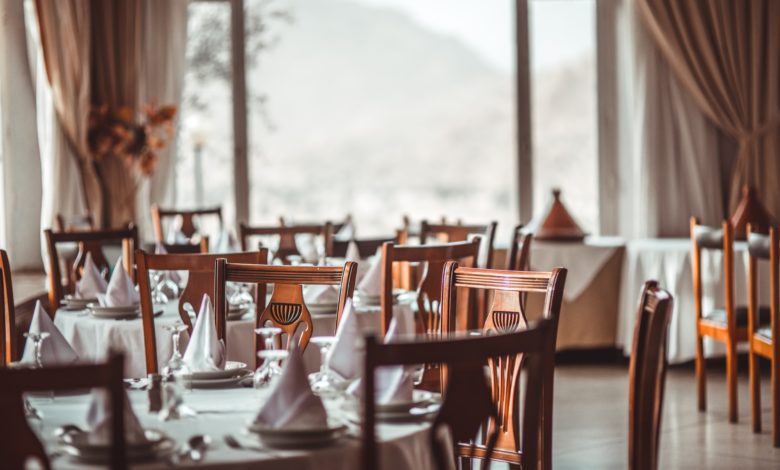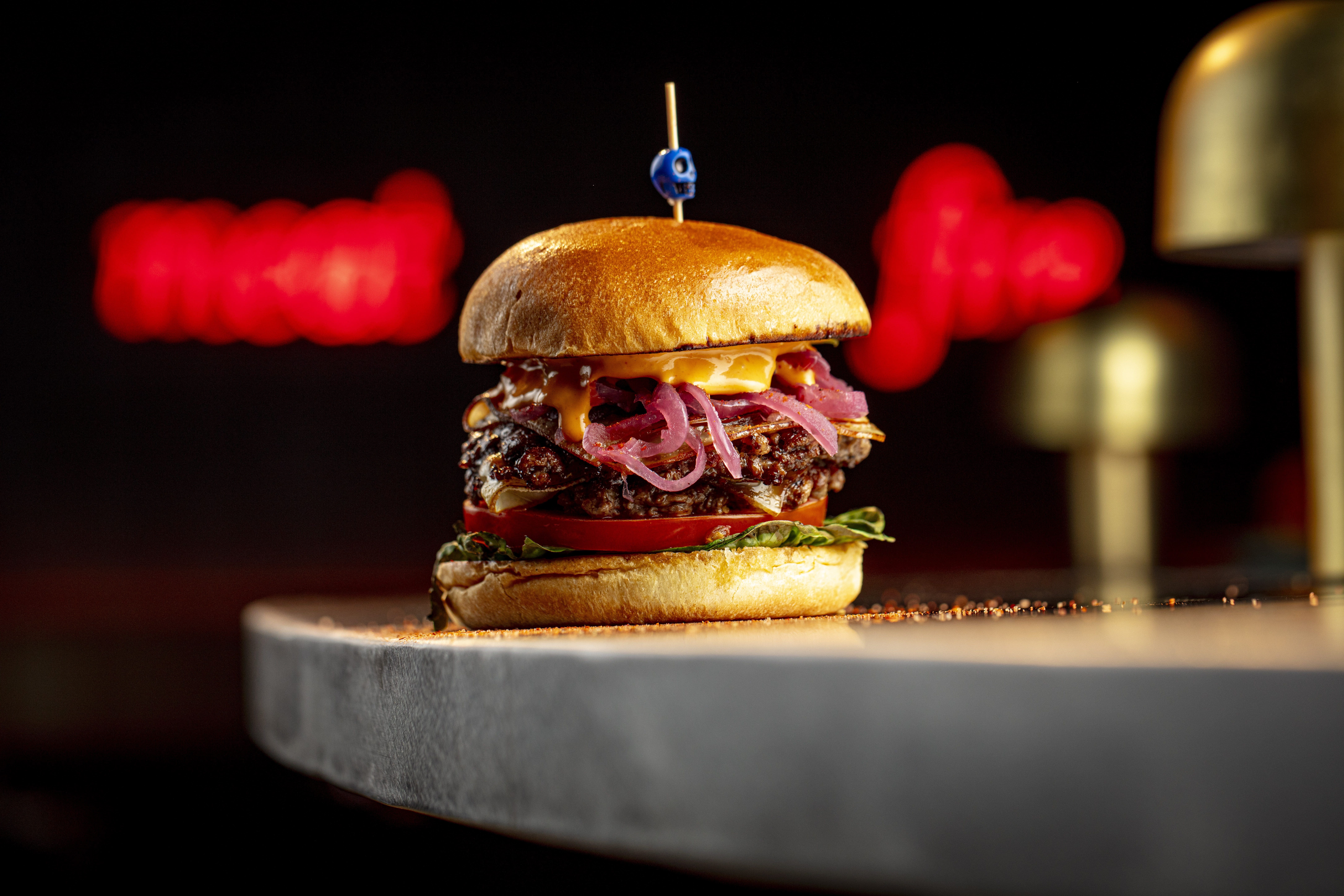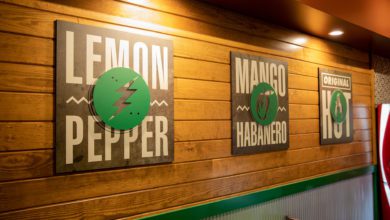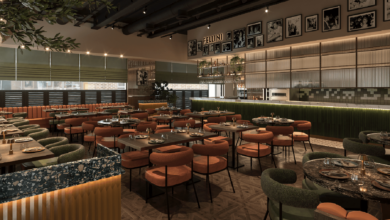UK restaurant groups see losses increase 174% to £673m
The loss of sales due to lockdown last year reportedly cost the hospitality industry £200m a day.

Losses at the the top 100 UK restaurant groups increased by 174% last year to £673m, up from a loss of £246m in September 2020, revealed UHY Hacker Young.
Lost sales reportedly cost the hospitality sector around £200m a day during lockdown, with restaurants continuing to incur “substantial” costs such as rent.
Whilst many restaurant businesses were able to “keep afloat” by CBILS or BBLS lending, companies are now having to begin repayment of those loans, which Hackey Young said is putting pressure on their cash flow.
Despite the Government support, some restaurant chains such as Prezzo, Byron Burgers and Carluccio’s went into insolvency during the pandemic. Other large chains, such as Frankie and Benny’s and Pizza Hut were forced to close sites and use CVAs to cut costs and keep businesses afloat.
UHY Hacker Young said that the lockdown and social distancing rules meant the restaurant sector was one of the “hardest hit” by the pandemic, with restaurants struggling to “make the most of the rebound in trading” with customer numbers having dropped over the Christmas period due to the spread of Omicron.
Additionally, Peter Kubik, partner at UHY Hacker Young, said that the hospitality sector has struggled to recruit after Brexit and without a regular flow of younger workers from the continent.
Kubik said: “The end of lockdown has not resulted in a painless rebound in fortunes for the sector. Many restaurants are struggling to pass on increased food and wage costs to customers which is putting margins back under pressure. Omicron is just the latest set-back for an industry hit hard in the last two years.”
“They are also facing the threat of decreased consumer spending due to April’s increase in National Insurance.”
He added: “The Government has stepped in to help and provided a great deal of support for the sector but it’s likely that even more will be needed, it’s no surprise that the industry is fiercely lobbying for an extension of its lower VAT rate.”












